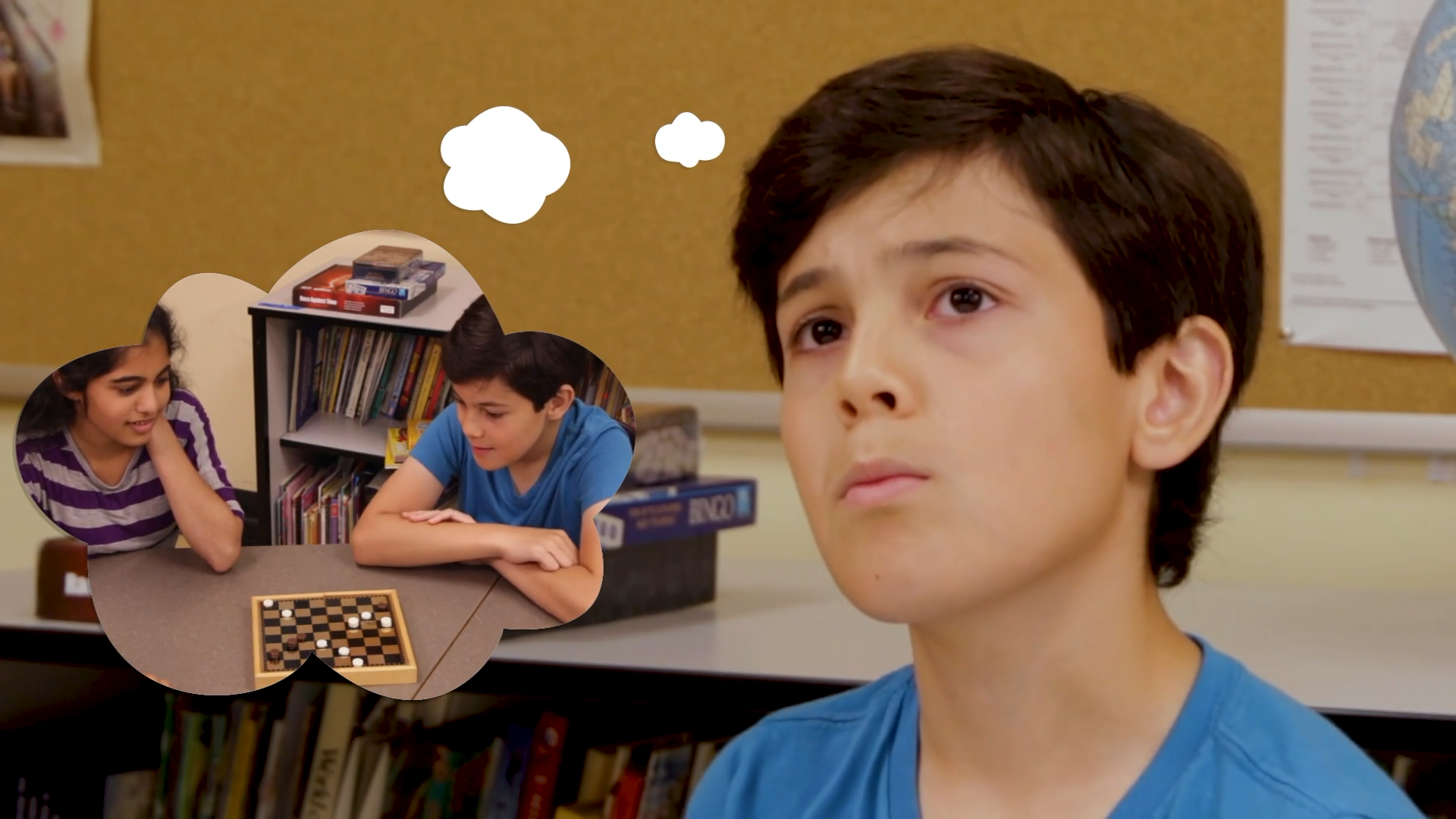
Introduction
Dealing with change and accepting others’ ideas can be challenging for students. When they display a Closed Mind, it can lead to feelings of anxiety and negatively impact social interactions. In contrast, an Open Mind allows students to remain calm, accept new ideas, and adapt to change. This not only enhances their social skills but also fosters a positive learning environment. In this blog post, we will discuss a no-prep activity, discussion questions, related skills, and next steps to teach students about the importance of having an Open Mind in social-emotional learning.
No-Prep Activity: The Open Mind Challenge
This activity requires no preparation or materials, making it easy for educators to implement. The Open Mind Challenge encourages students to practice having an Open Mind in a fun and engaging way.
- Divide the class into small groups of 3-4 students.
- Ask each group to brainstorm a list of activities they enjoy doing during their free time.
- Next, have each group choose one activity from their list that they would like to share with the other groups.
- Now, instruct each group to present their chosen activity to the class, explaining why they enjoy it and how it can be done.
- After all the presentations, challenge the students to try at least one new activity from the other groups’ suggestions during the next week.
- At the end of the week, have a follow-up discussion where students share their experiences trying new activities and how having an Open Mind made a difference.
Discussion Questions
Use these questions to stimulate further discussion about the importance of having an Open Mind:
- Why is having an Open Mind important in social interactions and learning?
- Can you share a time when you had a Closed Mind and how it affected your experience or relationships?
- How can you practice having an Open Mind in your daily life?
- What strategies can you use to stay calm and open to new ideas when you feel resistant to change?
- How does having an Open Mind contribute to a positive and inclusive classroom environment?
Related Skills
Developing an Open Mind is closely related to other essential social-emotional skills. Here are some other relevant skills for students:
- Active Listening: Being attentive and receptive to others’ ideas and opinions helps foster an Open Mind.
- Empathy: Understanding and sharing the feelings of others can encourage students to be more open to different perspectives.
- Problem Solving: Having an Open Mind allows students to explore various solutions and think critically when faced with challenges.
- Growth Mindset: Believing in one’s ability to learn and grow can help students embrace new ideas and experiences.
Next Steps
Teaching students the importance of an Open Mind is a valuable aspect of social-emotional learning. To further support your students’ growth in this area, consider signing up for free sample materials that cover this skill and others. These resources can help you create a more engaging and inclusive learning environment for your students.

